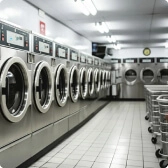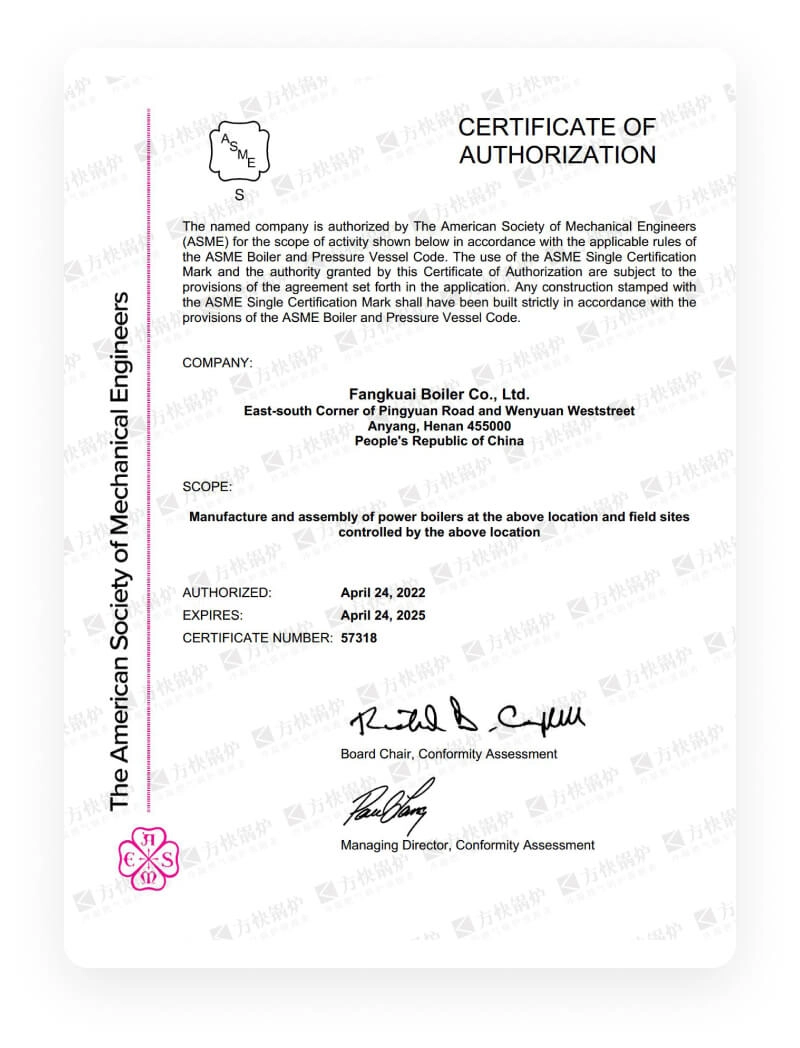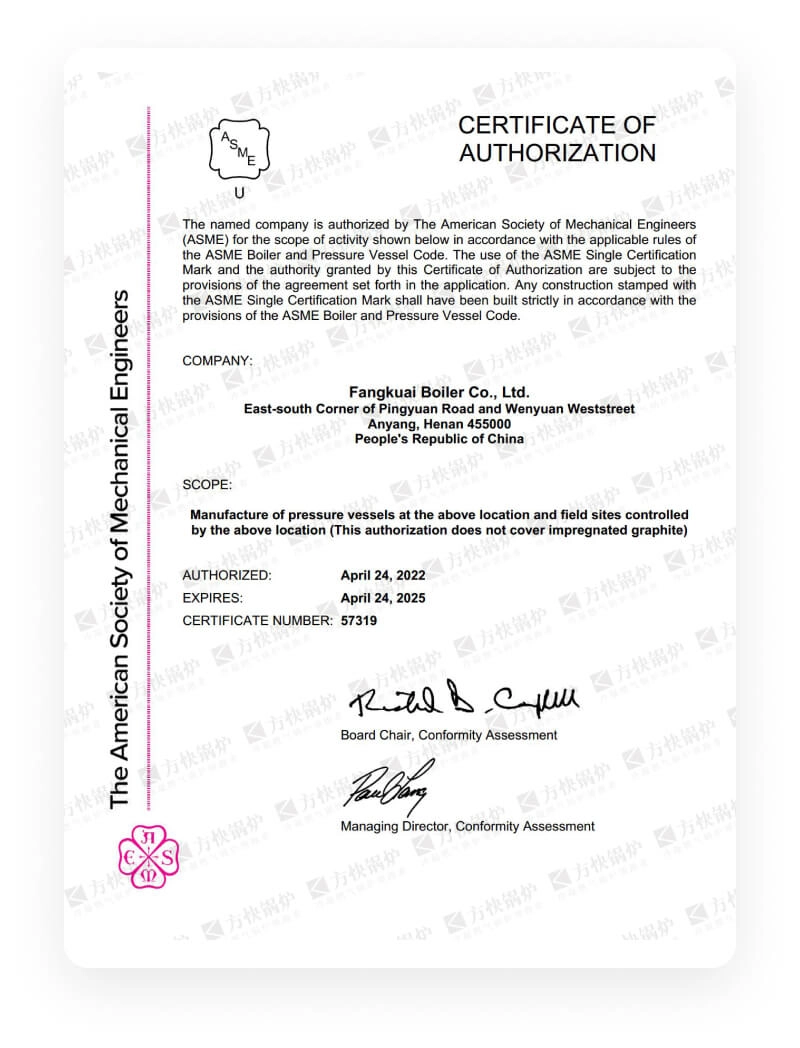How to solve the problem of hot water boiler not being able to heat hot water?
date: 2024-08-22
Page preview:
1. Introduction
The boiler is an essential heating device in our daily life, but sometimes you may face a headache: the boiler cannot heat the hot water. This situation may bring some inconvenience to your life, but don't worry, this blog will discuss the possible causes and solutions of this problem for you. Let's take a look!
2. Reasons why the hot water boiler cannot heat hot water
Scale accumulation on the heating element
Scale on the boiler heating element is a common reason why the boiler cannot heat hot water. Over time, minerals in the water will form scale on the surface of the heating element, hindering heat conduction and reducing the heating effect. When the scale reaches a certain level, the boiler will not work properly.
Pressure regulator failure
Another possible reason is the failure of the pressure regulator. The pressure regulator plays an important role in the boiler and is used to control the water pressure in the system. If the pressure regulator fails, the water pressure in the boiler may not be maintained correctly. When the water pressure is too low or too high, the boiler will not be able to heat hot water properly.
Thermostat failure
The thermostat is a device that controls the heating temperature of the boiler. If the thermostat fails, it will not be able to correctly sense the water temperature and adjust the heating power. This may cause the boiler to fail to heat hot water, or fail to reach the set temperature. Therefore, thermostat failure is also a reason to consider.
Tap contamination
The tap is the outlet for water supply. When the tap is contaminated, such as scale or impurities, it will cause poor water flow. When the water flow is not smooth, the boiler cannot deliver hot water to where it needs to be heated. Therefore, tap contamination may also be one of the reasons why the boiler cannot heat hot water.
3. Scale buildup on the heating element
When it comes to the issue of boiler not heating hot water, one common culprit could be the accumulation of scale on the heating elements. Over time, minerals in the water can deposit on the heating elements, hindering heat transfer and reducing heating efficiency. To address this issue, consider the following:
-
Regularly clean the heating elements using appropriate cleaning agents and tools to remove scale buildup.
-
Schedule maintenance checks to prevent excessive scale accumulation and ensure optimal heating performance.
-
Consult a professional technician for thorough inspection and cleaning of the heating elements if the issue persists.
Dealing with scale buildup on heating elements is crucial in maintaining the functionality and efficiency of your boiler. By staying proactive and addressing this issue promptly, you can avoid potential disruptions in your hot water supply and ensure the smooth operation of your heating system. Remember, a little maintenance can go a long way in preventing bigger problems down the line.
4. Pressure regulator failure
When facing the issue of a malfunctioning pressure regulator in your boiler, it can be frustrating and disruptive to your daily routine. The pressure regulator plays a crucial role in maintaining the proper water pressure within the boiler system. Here are some key points to consider when dealing with a faulty pressure regulator:
-
Symptoms of a Faulty Pressure Regulator: If you notice fluctuations in water pressure, inconsistent heating performance, or unusual noises coming from the boiler, these could be signs of a pressure regulator malfunction.
-
Troubleshooting Steps:
-
Check the pressure regulator for any visible damage or signs of wear.
-
Test the regulator's functionality by adjusting the pressure settings and observing the boiler's response.
-
Consult the boiler manual or contact a professional technician for further diagnosis and repairs if needed.
-
Importance of Prompt Action: Addressing a faulty pressure regulator promptly is essential to prevent further damage to the boiler system and ensure efficient heating performance. Ignoring the issue can lead to more severe problems and higher repair costs in the long run.
-
Seeking Professional Help: If you are unsure about how to troubleshoot or repair the pressure regulator yourself, it is recommended to seek assistance from a qualified technician. They have the expertise and tools necessary to diagnose the issue accurately and carry out the required repairs effectively.
By addressing the issue of a faulty pressure regulator in your boiler promptly and effectively, you can restore proper functionality to your heating system and ensure a comfortable living environment. Remember, regular maintenance and timely repairs are key to prolonging the lifespan of your boiler and avoiding costly breakdowns in the future.
5. Thermostat failure
When your boiler fails to heat the water, a faulty thermostat could be to blame. The thermostat is responsible for regulating the temperature at which the boiler heats the water. If the thermostat malfunctions, it can't accurately sense the water temperature and adjust the heating power accordingly. Consequently, the boiler may struggle to heat the water or fail to reach the desired temperature. The malfunctioning thermostat poses a significant obstacle to the proper functioning of the boiler system.
In the event of a thermostat failure, immediate action is necessary to rectify the issue. Replacing the faulty thermostat is a crucial step in restoring the boiler's ability to heat water. By installing a new, fully functional thermostat, you can ensure that the boiler operates efficiently and effectively. It is essential to seek professional assistance to handle the replacement process accurately and prevent future malfunctions.
A malfunctioning thermostat can disrupt the entire heating process, causing inconvenience and discomfort. Regular maintenance and monitoring of the thermostat's performance are vital to prevent such breakdowns in the future. By ensuring the thermostat is in optimal condition, you can avoid potential heating issues and maintain a consistent supply of hot water. Proper care and attention to the thermostat's functionality can significantly prolong the lifespan of the boiler system.
In conclusion, a faulty thermostat is a common culprit in boilers failing to heat water adequately. Addressing this issue promptly and effectively through thermostat replacement is key to restoring the boiler's functionality and ensuring a reliable supply of hot water. By prioritizing the maintenance of the thermostat and promptly addressing any malfunctions, you can optimize the performance of your boiler system and enhance your overall heating experience.
6. Faucet contamination
Interpretation of faucet contamination
The faucet is where we get water, but when the faucet is contaminated, it will affect the quality and flow of the water supply. Scale or impurities will block the faucet, resulting in poor water flow, which will also affect the boiler's ability to deliver hot water to various heating points.
Check the faucet status
In solving the problem of the boiler being unable to heat hot water, checking whether the faucet is contaminated is a crucial step. Observe whether there is accumulation of scale or impurities on the faucet. If contamination is found, it needs to be cleaned in time to restore normal water supply.
Cleaning faucet contamination
Cleaning faucet contamination is an effective way to solve the problem of poor water flow. Cleaners and tools can be used to thoroughly clean the faucet to remove scale and impurities to ensure unobstructed water flow.
Maintain faucet health
In order to avoid the faucet from being contaminated again, regular maintenance of the faucet is essential. Keeping the faucet clean and healthy can effectively prevent the problem of poor water flow and ensure smooth and stable water supply.
Keep an eye on the faucet status
During use, you need to keep an eye on the faucet status and promptly discover and solve the faucet contamination problem. Regular inspection and cleaning can ensure the normal operation of the faucet and the effectiveness of the boiler's hot water supply.
7. Incorrect heating settings
Have you ever experienced the frustration of your boiler not heating the water properly? One possible reason for this issue could be that the heating settings are not configured correctly. It's essential to ensure that the temperature settings on your boiler are adjusted appropriately to meet your heating needs.
Here are some key points to consider when addressing incorrect heating settings on your boiler:
-
Temperature Adjustment: Check the temperature settings on your boiler and make sure they are set within the optimal range for heating water effectively.
-
Thermostat Calibration: If your boiler has a thermostat, verify that it is calibrated correctly to accurately regulate the heating process.
-
Consult the User Manual: Review the user manual for your boiler to understand the recommended temperature settings and how to adjust them accordingly.
-
Professional Assistance: If you are unsure about how to adjust the heating settings on your boiler, consider seeking help from a professional technician to ensure proper configuration.
By taking the time to address any potential issues with the heating settings on your boiler, you can help ensure that your hot water supply remains consistent and reliable. Don't let incorrect settings disrupt your comfort – make sure to double-check and adjust as needed.
8. How to solve the problem that the boiler cannot heat hot water
When facing the issue of a boiler unable to heat water, it's crucial to address the root causes promptly. One effective method is to clean the heating elements regularly. By using suitable cleaning agents and tools, you can remove any accumulated scale or debris that might be hindering the heating process.
Another essential solution is to adjust or replace the pressure regulator if the boiler's inability to heat water stems from a malfunctioning regulator. By fine-tuning the regulator settings or installing a new one, you can restore the proper water pressure and enable the boiler to function effectively.
In cases where a faulty thermostat is causing the boiler's heating malfunction, replacing the thermostat is key. A malfunctioning thermostat can disrupt the temperature control mechanism, leading to inadequate heating. By installing a new, functional thermostat, you can ensure the boiler heats water efficiently.
Regular maintenance of the heating system is vital in preventing and resolving issues with heating water. By conducting routine checks, cleaning, and servicing of the boiler components, you can prolong its lifespan and maintain optimal performance.
In conclusion, by implementing these proactive measures and addressing the underlying issues promptly, you can effectively resolve the challenge of a boiler unable to heat water. Remember, regular maintenance and timely repairs are essential for ensuring the efficient operation of your heating system.
9. Clean the hot water boiler heating elements
One of the common reasons why your boiler may not be heating water is the accumulation of limescale on the heating elements. Over time, minerals in the water can build up on these elements, reducing their efficiency in heating the water. Regularly cleaning the heating elements with the appropriate cleaning solution and tools can help remove the limescale and improve the heating performance.
Cleaning the heating elements is a simple yet effective solution to address the issue of a boiler failing to heat water. By ensuring that the heating elements are free from limescale buildup, you can optimize their performance and restore the proper heating function of the boiler. This maintenance task can be easily incorporated into your regular home maintenance routine to prevent future heating problems.
Neglecting the cleaning of the heating elements can lead to decreased heating efficiency and potentially costly repairs down the line. By taking the time to clean the heating elements as part of your boiler maintenance routine, you can prolong the lifespan of the boiler and ensure that it continues to function effectively. Remember, a little maintenance now can save you from bigger headaches later on.
In conclusion, keeping the heating elements of your boiler clean is essential for ensuring that it can effectively heat water. By incorporating regular cleaning of the heating elements into your maintenance routine, you can prevent issues related to limescale buildup and maintain the efficiency of your boiler. Take the time to care for your boiler, and it will continue to provide you with reliable heating for years to come.
10. Adjust or replace the hot water boiler pressure regulator
Sometimes, the issue of a boiler not heating water can be attributed to a faulty pressure regulator. This component is responsible for maintaining the correct pressure within the system, and if it malfunctions, it can disrupt the heating process. Adjusting or replacing the pressure regulator can often resolve the problem and restore your boiler's ability to heat water effectively.
In conclusion, facing a situation where your boiler is unable to heat water can be frustrating and inconvenient. However, by understanding the potential reasons behind this issue, such as limescale buildup on the heating elements, a faulty pressure regulator, a malfunctioning thermostat, faucet contamination, or incorrect heating settings, you can take the necessary steps to address the problem. By cleaning the heating elements, adjusting or replacing the pressure regulator, or troubleshooting other potential issues, you can ensure that your boiler functions efficiently and provides you with the hot water you need for your daily activities. Don't let a cold shower or a lack of heating disrupt your routine - tackle the issue head-on and enjoy the warmth and comfort your boiler is designed to provide.

















